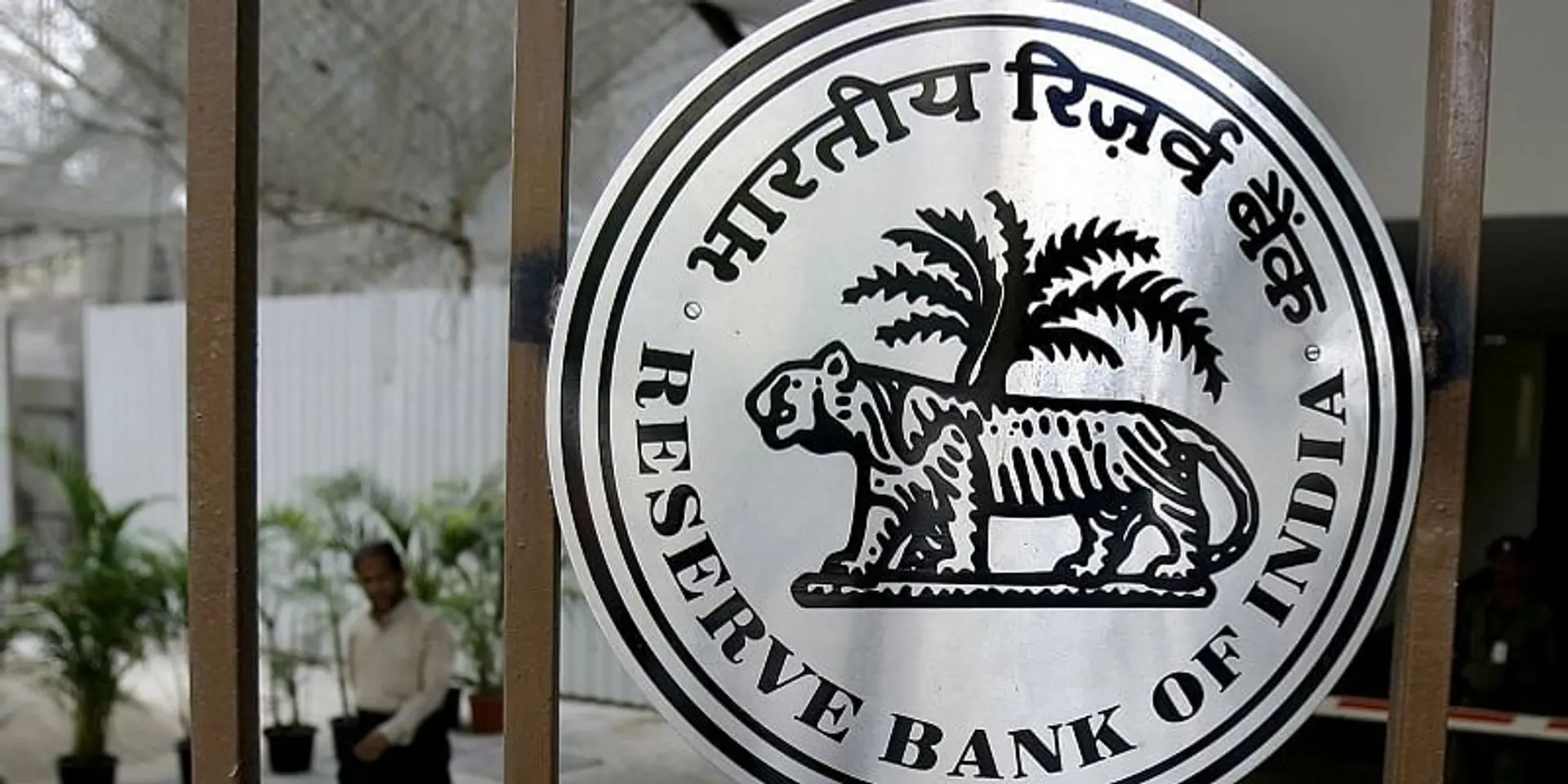RBI allows pre-sanctioned credit lines through UPI; centralised portal for licences
The Central bank has also proposed several measures to strengthen and improve the efficacy of grievance redress mechanisms and customer service provided by credit bureaus.
The Reserve Bank of India on Thursday allowed operations of pre-sanctioned credit lines by banks through the Unified Payments Interface, or UPI.
In other words, the UPI network, which allows for real-time transfers between bank accounts, will now also facilitate payments financed by credit from banks.
This can reduce the cost of such offerings and help in the development of unique products for Indian markets, RBI Governor Shaktikanta Das said during the bi-monthly monetary policy committee (MPC) meeting on April 6.
“At present, UPI transactions are enabled between deposits accounts to banks, sometimes intermediated by pre-paid instruments, including wallets. It is now proposed to expand the scope of UPI by enabling transfer to/from pre-sanctioned credit lines at banks, in addition to deposit accounts,” he said.
Centralised portal for licences
To simplify and speed up the application and approval processes for various licences sought by banks and non-banks, RBI has decided to develop a centralised portal called PRAVAAH (Platform for Regulatory Application, Validation And Authorisation).
Regulated entities, including banks and non-banking financial companies, are required to seek certain approvals and licences from the Central bank under various statutes and regulations periodically to carry out their operations.
Currently, this involves both online and offline processes.
“The Union Budget has announced the need to simplify, ease, and reduce cost of compliance by financial sector regulators within laid down time limits to decide the applications under various regulations. It has, therefore, been decided to develop a secured web based centralised portal,” the Central bank said in a statement updating its developmental and regulatory policies.
PRAVAAH, which will show time limits for deciding on the applications or approvals sought, will gradually extend to all types of applications made to RBI across all functions.
In addition, RBI has notified the development of another online portal that would allow depositors and beneficiaries to search across multiple banks for possible unclaimed deposits, with AI tools deployed to enhance the search results.
Stronger grievance redressal for Credit Bureaus
The Reserve Bank also proposed several measures to strengthen and improve the efficacy of grievance redressal mechanisms and customer service provided by credit institutions and credit information companies.
CICs, also called credit bureaus such as CIBIL, Equifax, Experian and High Mark Credit Information Services, collect, analyse, and maintain credit data on borrowers, businesses, and organisations.
The decision to improve the grievance redressal mechanisms comes amid increasing customer complaints regarding the credit information reporting and functions of the credit bureaus.
RBI has proposed the following measures in this regard:
- A compensation mechanism for delayed updation or rectification of credit information;
- Provision for SMS/email alerts to customers when their credit information are accessed from CICs;
- A timeframe for ingestion of data received by CICs from credit institutions; and
- Disclosure relating to the number and nature of customer complaints received on the websites of CICs.
Edited by Feroze Jamal



